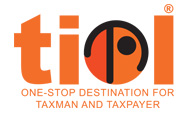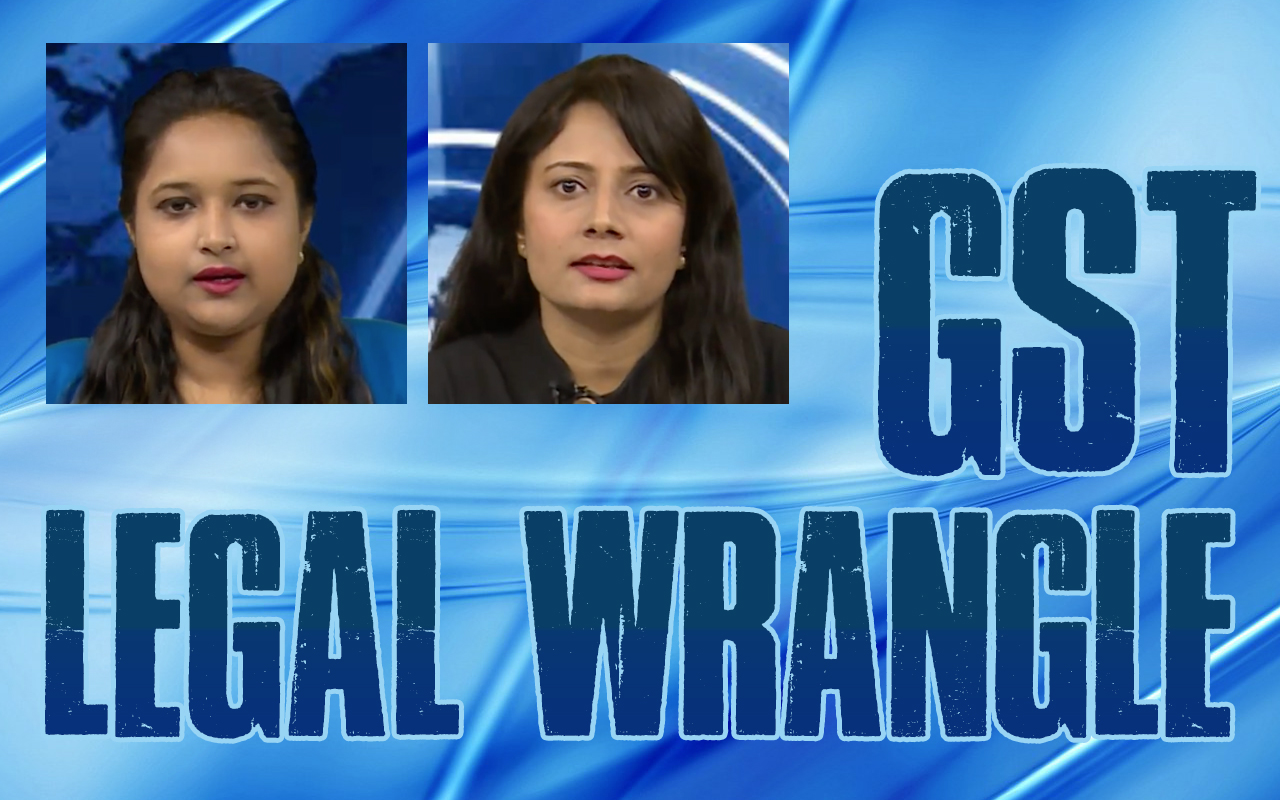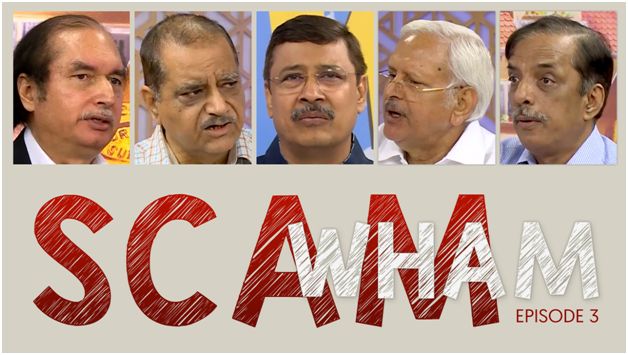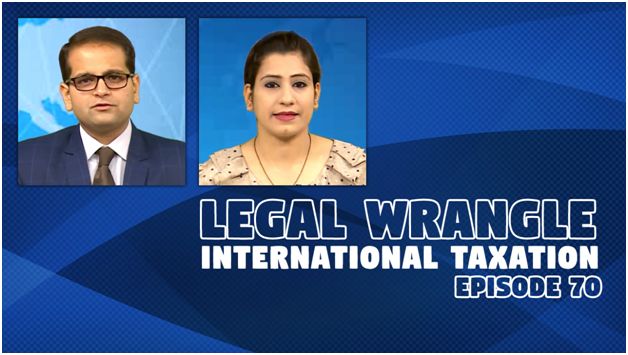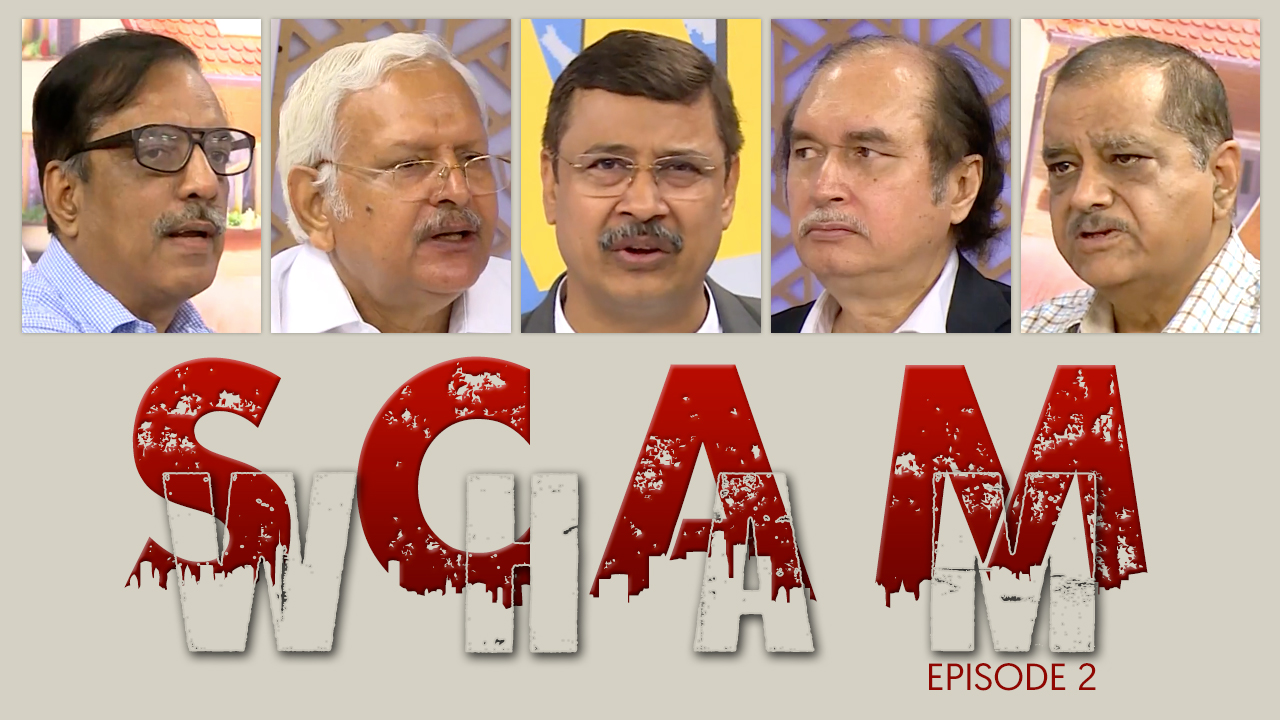SERVICE TAX SECTION
2018-TIOL-1272-CESTAT-MUM
CST Vs DFS India Pvt Ltd
ST - Respondent are operating duty free shops in the departure and arrival terminals in the International Airport at Mumbai and were also operating duty free shop in the departure terminal at Delhi International Airport - Appellant had filed four refund claims in terms of Notification No. 41/2012-ST dt. 29.06.2012 for refund of service tax paid on specified services which have been used in export of goods - claims were rejected by original authority but in appeal, the Commissioner(A) set aside the said orders, therefore, Revenue in appeal - stand taken by Revenue is refund is available only in respect of departure longue whereas it has been claimed on arrival portion in case of services such as rent where the services are to be apportioned on proportionate basis of revenue.
Held: There is no dispute that the goods were not cleared for home consumption, warehouse transfer or any other purpose but to International passenger for taking the goods outside India at departure terminal, hence it is clear that the clearance was made for export of goods only - it has to be accepted that the sale of goods at Duty free Shop at the departure terminal is exports - this bench of the Tribunal in the Respondent's own case on the same issue has passed Final order No. - 2017-TIOL-3744-CESTAT-MUM holding that refund has been correctly granted - Since the issue involved is same and of same assessee, in such circumstances, no reason to deviate from the same - as for the objection by Revenue that the the certificate issued by the Chartered accountant towards verification of claim does not serve any purpose as the auditors do not commit to any accuracy or correctness of the data submitted by the Respondent and has put back the entire responsibility / onus on the management, held that the certification has been done based on their professional guidelines and the certificate is given in accordance with the Guidance Note on Audit Reports and Certificates for the Special Purposes (Guidance Note) issued by the Chartered Accountants of India and further, the auditors are not required to check the compliance with the customs, excise or service tax nor are they expected to carry out a statutory audit, therefore, objection is not sustainable - no reason to interfere with the order of the Commissioner (Appeals) - Revenue appeal dismissed: CESTAT [para 4, 7, 8, 10, 11] - Appeal dismissed: MUMBAI CESTAT
2018-TIOL-1271-CESTAT-MUM
CCE Vs Indian Gymkhana
ST - Club & Association Services - Adjudicating authority had confirmed the demand on the ground that the Respondent did not produce the documentary evidence in support to show that the amount pertains to sale of liquor, however, Commissioner(A) after appreciating the facts held that the documents were produced, hence set aside the demand - Revenue in appeal on the ground that not all documents proving sale of liquor were produced; small amount of service tax on rent has also not been paid. Held: Required documentary evidences towards sale of liquor was presented by the Respondent before the Commissioner(A) and there is no reason to doubt the authenticity of said documents - lower appellate authority has also held that the ‘hypothesis’ charge is unsustainable and set aside the demand of service tax on rent - no reason to interfere with the impugned order - Revenue appeal rejected: CESTAT [para 4] - Appeal rejected: MUMBAI CESTAT
2018-TIOL-1270-CESTAT-MUM
Jija Builders Vs CCE
ST - Appellant were registered with service tax department under the category of "Commercial & Industrial Construction Services" - After introduction of "Works Contract Services" they stopped paying service tax under Commercial or Industrial Construction Service" and started making payment under category of "Works Contract Service" - They were issued show cause notice demanding differential service tax on the ground that in terms of Rule 3 (3) of Works Contract (Composition Scheme for payment of Service Tax) Rules, 2007 , the provider of taxable service who opts to pay the service tax in relation to "Works Contract Service" shall exercise the option for payment of service tax under works contract service before exercising such option - demand confirmed and upheld by Commissioner(A), hence appeal before CESTAT.
Held: Issue as to whether the composition scheme under Works Contract can be opted or not in case of ongoing projects on the date when such option is exercised is no more disputed - Tribunal in the case of B.R. Kohli Construction Pvt. Ltd. - 2017-TIOL-2903-CESTAT-DEL has held that such option can be exercised in case of ongoing projects also - in view thereof, Appellant is eligible for composition scheme under Works Contract - impugned order set aside and appeal allowed: CESTAT [para 4] - Appeal allowed: MUMBAI CESTAT
CENTRAL EXCISE SECTION
2018-TIOL-1275-CESTAT-MUM
CCE Vs Bharat Petroleum Corpn Ltd
CX - Issue is whether the product which the appellants claimed to be Naptha classifiable under heading 2710.14 is actually classifiable as "Other Special Boiling Point Spirit" or is it classifiable as 'Naptha' under heading 2710.19 prior to 1.3.2005 and as 'Naptha' under 2710 11 90 after 1.3.2005 - Revenue in appeal.
Held: Onus is on revenue to establish that the goods answer to the description given in single dash entry (upto 1.3.05) and to the definition of motor spirit after (1.3.05) - Since revenue has not even attempted to test the goods for this purpose it has failed to establish its claim to classification under that entry - Appeal dismissed: CESTAT [para 3, 3.1] - Appeal dismissed: MUMBAI CESTAT
2018-TIOL-1274-CESTAT-MUM
Cosme Pharma Ltd Vs CCE
CX - Valuation - Section 4 of the CEA, 1944 - Physician samples distributed free as part of marketing strategy, or as a gift or donation to doctors.
Held : Central Excise Valuation Rules, 2000 are significantly different from the Central Excise Valuation Rules, 1975 - Since no transaction value is available, the assessment cannot be done under Section 4 (1) (a) and the assessment has to be done under Section 4(1)(b) - The assessment cannot be done under Section 4A as the said goods are not marked with MRP - appellants are seeking to apply Rule 11 read with Rule 8 whereas Revenue is seeking to apply Rule 11 read with Rule 4 of the Valuation Rules - It is apparent that neither Rule 4 nor Rule 8 of the Central Excise Valuation (determination of price of excisable goods) Rules, 2000 are directly applicable to the situation and both the rules have to be applied as reasonable alternatives with suitable adjustments in terms of Rule 11 of the Central Excise Valuation Rules, 2000 - In the instant case, it is seen that identical goods different only in respect of size of packing and marking of MRP, are being assessed under Section 4A of the Central Excise Act and such comparable value after suitable adjustments can be adopted for the purpose of assessment of physician samples in terms of Rule 4 of Central Excise Valuation (determination of price of excisable goods) Rules, 2000 - This does not amount to application of Section 4A of the Central Excise Act to physician samples and is only a measure of taking an alternate value of similar goods for the purpose of Central Excise (Valuation) Rules, 2000 in terms of Rule 11 thereof - It is just and proper to hold that the valuation of physicians samples be determined under Rule 11 read with Rule 4 and such a valuation would be reasonable and consistent with the principles and the general provisions of the Rules and the Act - Appeal dismissed: CESTAT [para 4.4 to 4.6] - Appeal dismissed: MUMBAI CESTAT
2018-TIOL-1273-CESTAT-MUM
FDC Ltd Vs CCE
CX - Valuation - Section 4 of the CEA, 1944 - Physician samples distributed free as part of marketing strategy, or as a gift or donation to doctors.
Held : Central Excise Valuation Rules, 2000 are significantly different from the Central Excise Valuation Rules, 1975 - Since no transaction value is available, the assessment cannot be done under Section 4 (1) (a) and the assessment has to be done under Section 4(1)(b) - The assessment cannot be done under Section 4A as the said goods are not marked with MRP - appellants are seeking to apply Rule 11 read with Rule 8 whereas Revenue is seeking to apply Rule 11 read with Rule 4 of the Valuation Rules - It is apparent that neither Rule 4 nor Rule 8 of the Central Excise Valuation (determination of price of excisable goods) Rules, 2000 are directly applicable to the situation and both the rules have to be applied as reasonable alternatives with suitable adjustments in terms of Rule 11 of the Central Excise Valuation Rules, 2000 - In the instant case, it is seen that identical goods different only in respect of size of packing and marking of MRP, are being assessed under Section 4A of the Central Excise Act and such comparable value after suitable adjustments can be adopted for the purpose of assessment of physician samples in terms of Rule 4 of Central Excise Valuation (determination of price of excisable goods) Rules, 2000 - This does not amount to application of Section 4A of the Central Excise Act to physician samples and is only a measure of taking an alternate value of similar goods for the purpose of Central Excise (Valuation) Rules, 2000 in terms of Rule 11 thereof - It is just and proper to hold that the valuation of physicians samples be determined under Rule 11 read with Rule 4 and such a valuation would be reasonable and consistent with the principles and the general provisions of the Rules and the Act - Appeal dismissed: CESTAT [para 4.4 to 4.6] - Appeal dismissed: MUMBAI CESTAT
CUSTOMS SECTION
2018-TIOL-1269-CESTAT-MUM
Malu Electrodes Pvt Ltd Vs CC
Cus - Appellant were issued Show Cause Notice alleging that they were importing natural Rutile Ore/ Leucoxene Sand of different grades viz. Titanium Dioxide 95 % and 92% classifiable under the chapter heading 26.14 of the Customs Tariff Act, 1975 whereas the said product is actually Rutile (Titanium Dioxide) Concentrate obtained by processing the naturally occurring mined Ore - therefore, products appear to be concentrates and not as declared by the Appellant; that only the ‘ores' are exempted from duty under the impugned notification 4/2006- CE dt. 01.03.2006 (Sr. No.4) superseded by Notification No. 12/2012 - CE dt. 17.03.2012 (serial No.56) and not concentrates - appeal to CESTAT.
Held: From the perusal of the chapter note 2 to chapter 26, it transpires that unless the minerals are subjected to the process not normal to metallurgical industry or which is of a special treatment category, the goods would qualify classification as 'ores' only - process undertaken by the suppliers i.e Wet Concentration process, Attrition and Secondary concentration and Dry Mill processing are all normal process in mining industry and not any specialized process - It is a common process undertaken in any mining industry - It further transpires from the Notes to the HSN that for 'Ores' to transform into 'concentrates', special chemical treatment/ processes have to be carried out which alters the basic chemical composition of the mineral itself and mere physical or physiochemical processes aimed at extracting or segregating the mineral from the natural substances would not tantamount to concentrating the 'ores' - Thus if the chemical composition of the mineral has not been altered while undertaking any physical processes as the facts of the present case shows, the goods would not fall under the category of 'concentrate' - report of IIT does not answer the questions put to it and cannot be made basis for deciding the question whether the imported goods are 'Ores' or 'Concentrates' - Impugned goods are, therefore, 'Ores' and are eligible for the exemption from CVD in terms of Notification No. 4/2006- CE dt. 01.03.2006 (Sr. No.4) as superseded by Notification No. 12/2012 - CE dt. 17.03.2012 (serial No.56) - demand is not sustainable on merits - appeal is allowed with consequential reliefs: CESTAT [para 4, 7, 8]
Cus - Limitation - The demand has been raised against the Appellant by invoking extended period for the imports made during the period March' 2011 to December' 2012 - However Bench finds that the issue was in the knowledge of the revenue as in August' 2011 itself the samples were sent for testing by the Customs - Further the issue invloved itself has been of interpretation of activity undertaken in respect of impugned goods, HSN notes and chapter notes - In such case, Bench is of the view that the non payment of CVD cannot be attributed to any malafide intention on part of Appellant - demand is barred by limitation of time and are not sustainable: CESTAT [para 7] - Appeal allowed: MUMBAI CESTAT
2018-TIOL-1268-CESTAT-MAD + Case Story
Fresenius Medical Care India Pvt Ltd Vs CC
Cus - Refund - Post 08.04.2011, in view of amendments by FA, 2011 to sections 2, 17 and 27 of the Customs Act, 1962, there is no necessity to challenge an assessment order while seeking refund - Impugned order set aside and appeal allowed with consequential relief: CESTAT [para 5.2, 6] - Appeal allowed: CHENNAI CESTAT |

